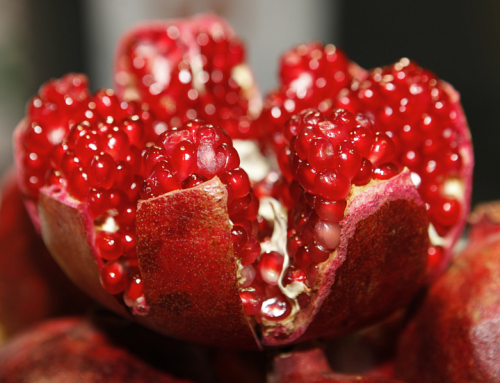Probiotic foods and beverages need to be refrigerated. It wasn’t long ago that this was the case, and most consumers grabbed their healthy bacteria in the dairy aisle—often in the form of yogurt or even kefir. But why were probiotics tied so closely to the refrigerated category? Well, most probiotic strains are fragile, living organisms—meaning they require refrigeration to survive, and to avoid early germination (such as Lactobacillus and Bifidobacterium). These strains were some of the first to be fortified into foods and beverages, with dairy applications being the most efficient. And because refrigerated probiotic strains were the most commonly used, the association began.
But that was in the past; Thanks to innovation in probiotic technology, new genera of these healthy bacteria mean temperature-stable options are available. Scientists have discovered that spore-forming strains of probiotics, such as bacillus coagulans, can survive in most applications without the need for refrigeration, by staying dormant until they reach the digestive tract. Some strains can even withstand extreme cold and hot temperatures, rigorous manufacturing conditions and out-survive many of even the most popular refrigerated varieties.
In addition to their survivability, certain strains in the category, like GanedenBC30® (Bacillus coagulans, GBI-30, 6086), have been shown to have a variety of health benefits to the end user—from supporting the digestive and immune system to enhancing protein utilization. It was even demonstrated that the strain survives 10X more effectively than yogurt cultures. Because of this, probiotic foods and beverages are found in almost every aisle of the grocery store—from tea and coffee to breads and ice cream.
Gone are the days when probiotic foods and beverages require refrigeration!
Today, consumers are offering their families probiotics via cereal, protein bars, juices, frozen burritos and hundreds of other SKUs. This innovation in the marketplace is thanks to probiotics like GanedenBC30 and their unique spore-forming structure. The strain is gaining popularity for use in the food and beverage space because of its ability to survive extreme temperatures and manufacturing processes and provide multiple health benefits.
GanedenBC30’s spore can be equated to a plant seed—it is dormant and won’t grow until there is the right temperature, moisture and environment. For GanedenBC30, the ideal environment is within the intestines. Its spore structure protects it from environmental challenges like, pressure, low pH, high heat and freezing temperatures until it reaches that environment. Unlike GanedenBC30, strains of Lactobacillus and Bifidobacterium cannot form these protective spores and therefore are nearly impossible to formulate into products outside of the cold case.
A Probiotic That Survives!
GanedenBC30 survives as well as, if not better, than refrigerated varieties. The probiotic strain also is supported by over 25 peer-reviewed, published clinical studies and has been shown to survive gastric transit 10X more effectively than yogurt cultures. Additionally, it’s kosher, halal, organic compliant, Non-GMO Project verified, and allergen-free, allowing manufacturers to provide consumers with products that were never available before–every-day foods and beverages, including organic and vegan, containing a safe and effective probiotic. Innovation in probiotic technology means that you no longer must refrigerate certain strains of these healthy bacteria. Formulating with GanedenBC30 allows manufacturers to deliver probiotics in a wide range of foods and beverages at a variety of temperatures, while resting assured that the bacteria will reach the intestine alive to do their work and provide health benefits to consumers. Contact Ganeden to find out more.






